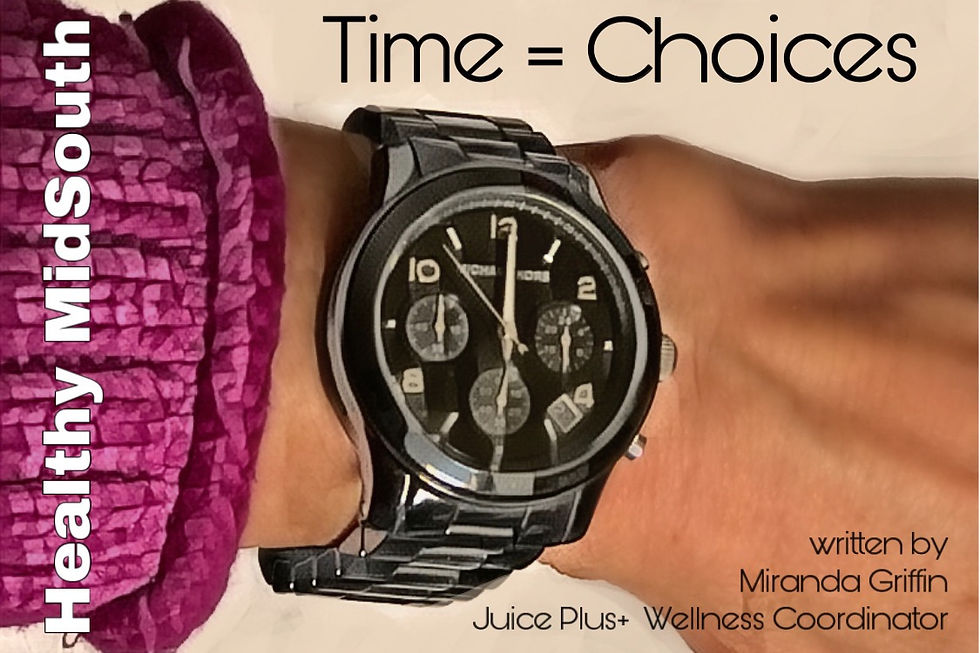One in four Americans aged 65+ falls each year.
- Miranda's Mission

- Jun 16, 2019
- 2 min read
written by Mary Lou Nowak of MidSouth Home Helpers
Why to plan a right way for help when an older loved one falls.

One in four Americans aged 65+ falls each year. This means every 11 seconds, an older adult is treated in the emergency room for a fall according to the U.S. Centers for Disease Control and Prevention. When an older person falls, his or her hospital stays are almost twice as long as older patients who are admitted for any other reason.
Often unexpected health issues surface for older adults in addition to those from the fall due to lack of mobility, sudden changes in routines and their living environment while recuperating. Immobility may cause weakened muscles, removal from a familiar environment as well as changes in diet, or medication routines can create disorientation and at times a depressed mood.

These things can all contribute to an older patient being even more vulnerable to a second fall soon after first arriving back home. As an organization that has supported recovery, and has supplied help with activities of daily life for over 10 years, we see families struggle to quickly understand all that may be involved with providing care when their loved one is being released to come home from the hospital or rehabilitation facility.
There is a lot to absorb all when emotions and concern is high. The transition home is a challenge to navigate even under the best of circumstances. Therefore, it’s best to inquire about support services beyond the family as soon as a health event happens.

The most vulnerable time for a relapse or a fall is within the first week or two from the hospital. Seek out experienced help with care for this vulnerable time. Arrange for a professional caregiver who’s with a licensed provider to be ready help prepare the home for your loved ones arrival, have this person selected and ready to assist upon your loved ones return home. They will be invaluable in boosting spirits and reestablishing routines that support recovery.

When interviewing potential resources for additional support beyond the family, ask about their
structure and plan that includes collaboration other health professionals to ensure the return home is safe and hospital re-admittance is avoided.
Mary Lou Nowak - Managing Partner
A Healthy MidSouth Catalyst




Comments